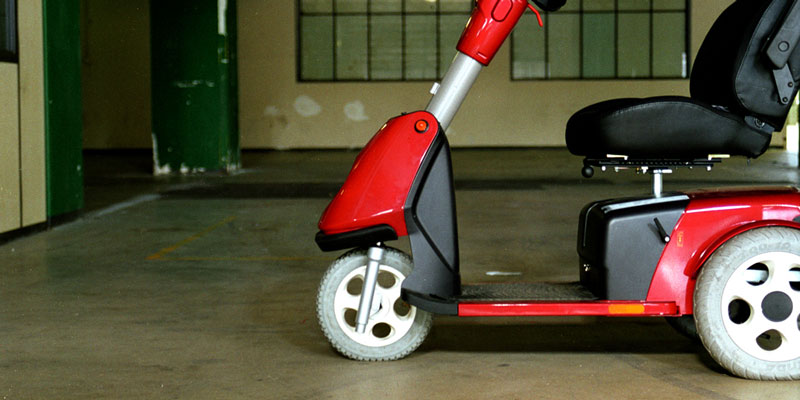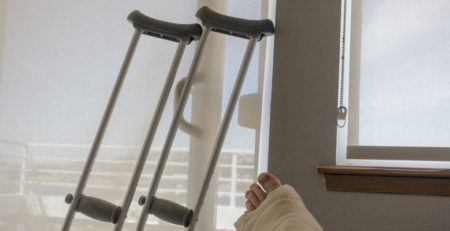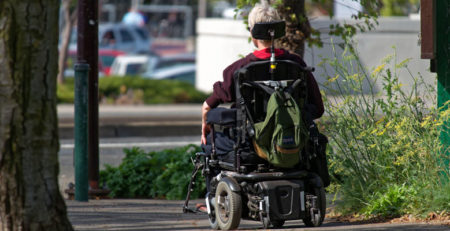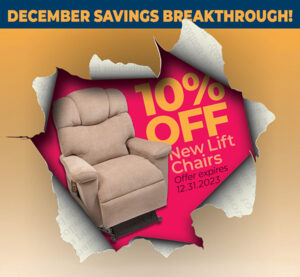Considerations When Selecting a Power Wheelchair or Scooter
For patients with restricted mobility, wheelchairs and scooters are tickets to freedom. These devices offer a way to get about and travel outside the house or care facility. The right wheelchair or scooter can take them anywhere they want to go: work, school, the grocery store, visiting friends, or maybe catching a concert from their favorite band. Assistive devices and equipment are designed to give people with limited mobility their lives and independence back. Be sure to choose the device that’s right for you.
Power Wheelchairs
A power wheelchair is battery-operated with an electric motor. That means users don’t need to expend much effort to move. All they need to do is touch a button. Power or electric wheelchairs are well-suited for people who have limited use of their arms or become tired easily. People who sometimes use manual wheelchairs might also want a power wheelchair to conserve their strength on long days or during flare-ups of a chronic debilitating condition.
Power wheelchairs are tough enough to travel long distances both indoors and outdoors, and they’re precise enough to maneuver in small spaces. Some models also offer adjustable seats that make them more comfortable to use for long periods of time. Typically, power wheelchairs also offer four-point tie downs that can convert them into safe seats in a moving vehicle.
The downside of a power wheelchair is they tend to be heavy and bulky, so they’re not easy to store or carry. Often, since they are made of a lot of electronics and tech equipment, they come with a heftier price tag. However, for many users, the independence and wealth of options that a power wheelchair offers are worth the cost.
Electric Scooters
Electric scooters offer greater flexibility than a wheelchair. Scooters can travel over more types of terrain and still navigate narrow spaces like a school hallway or grocery store aisle. They move at faster speeds and can even travel down paved roads to transport users from place to place. They’re often equipped with safety features such as headlights, mirrors, and turn signals, so they can be used as a personal vehicle. Many models also come with storage space for added functionality, allowing scooter users to make independent shopping trips and more. In most cases, they’re also significantly less expensive than wheelchairs and are easier to store.
Electric scooters have a few possible disadvantages: they are not as stable as a power wheelchair, so users should take care when turning sharp corners. The increased number of features and uses means they might require a higher level of maintenance and more frequent repairs, so consider its cost over time.
Regardless, both electric scooters and power wheelchairs offer flexibility and freedom that allows users to live their lives to the fullest. Contact us for more information about our range of mobility products and services.












